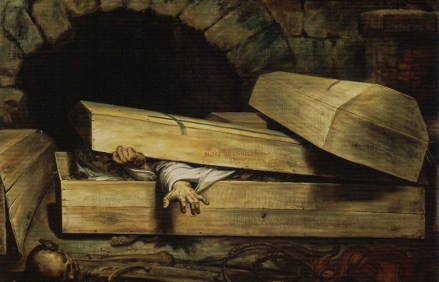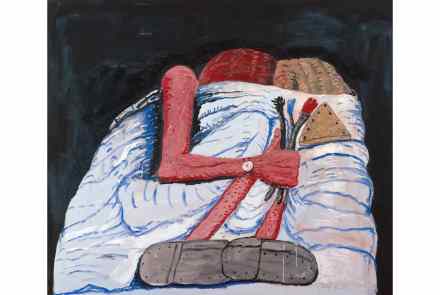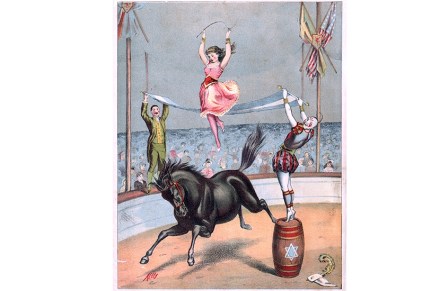If buttons, balloons or premature burial terrify you, rest assured you’re not alone
Every summer, during our holiday in Orkney, there is a moment of panic. We’re standing on a dizzying cliff – looking across a sleeve of sea at the Old Man of Hoy, maybe – and I’m consumed with a longing to fling myself over. It’s not suicidal. I just yearn to feel the wild rush of air against my cheeks: I want to fly. I’ve never met anyone who shares this compulsion, but The Book of Phobias and Manias assures me it’s quite common. Indeed, it has a name: acrophobia. Kate Summerscale understands it perfectly: ‘The whirl of vertigo,’ she says, can ‘seem like the giddiness of yearning.’ A new




